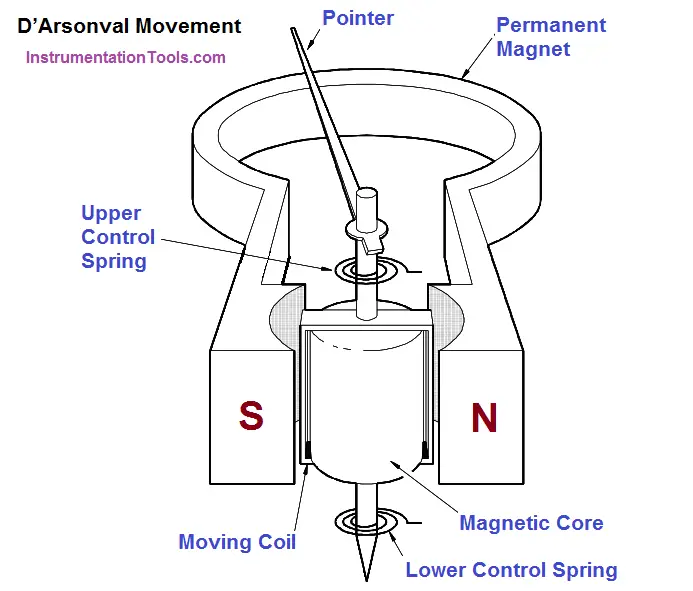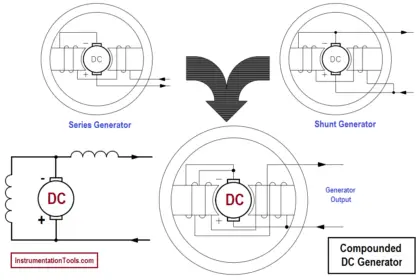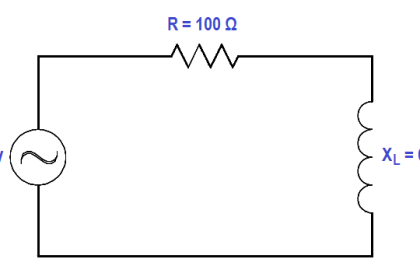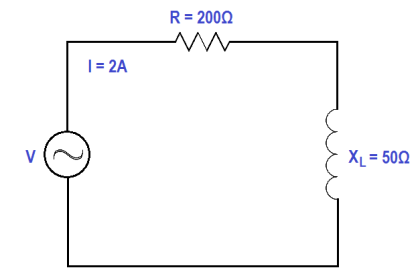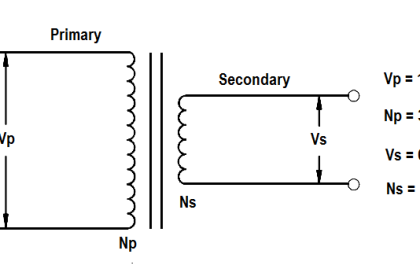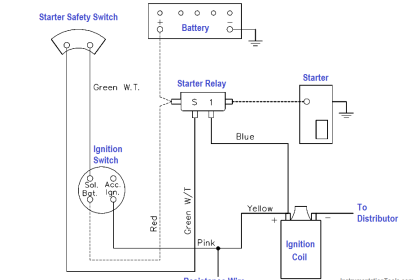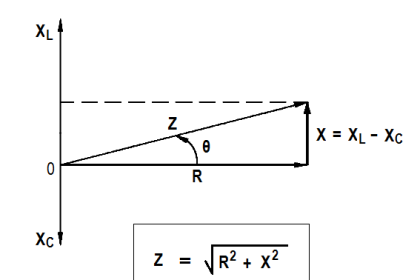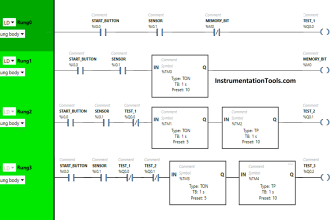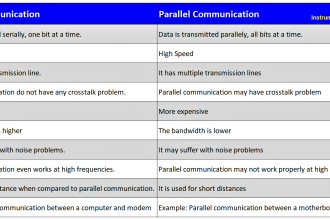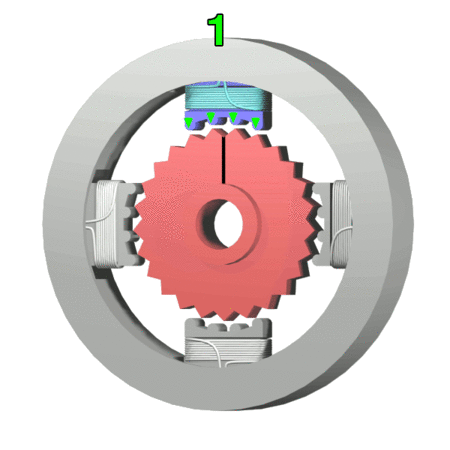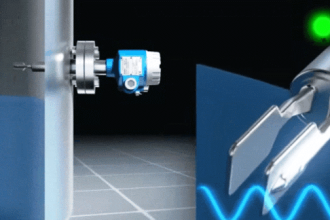The most commonly used sensing mechanism used in DC ammeters, voltmeters, and ohm meters is a current-sensing device called a D’Arsonval meter movement (Figure 1). The D’Arsonval movement is a DC moving coil-type movement in which an electromagnetic core is suspended between the poles of a permanent magnet.
Figure 1 : D’Arsonval Meter Movement
The current measured is directed through the coils of the electromagnet so that the magnetic field produced by the current opposes the field of the permanent magnet and causes rotation of the core. The core is restrained by springs so that the needle will deflect or move in proportion to the current intensity.
The more current applied to the core, the stronger the opposing field, and the larger the deflection, up to the limit of the current capacity of the coil. When the current is interrupted, the opposing field collapses, and the needle is returned to zero by the restraining springs. The limit of the current that can be applied to this type movement is usually less than one milliampere.
A common variation of the D’Arsonval movement is the Weston movement, which uses essentially the same principle built to a more rugged construction by employing jeweled supports for the core and employing a heavier winding in the electromagnet. Remember that the D’Arsonval movement is a DC device and can only measure DC current or AC current rectified to DC.
